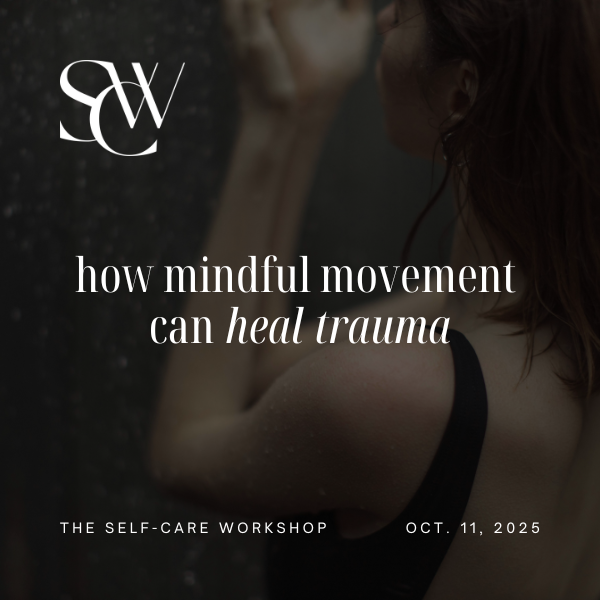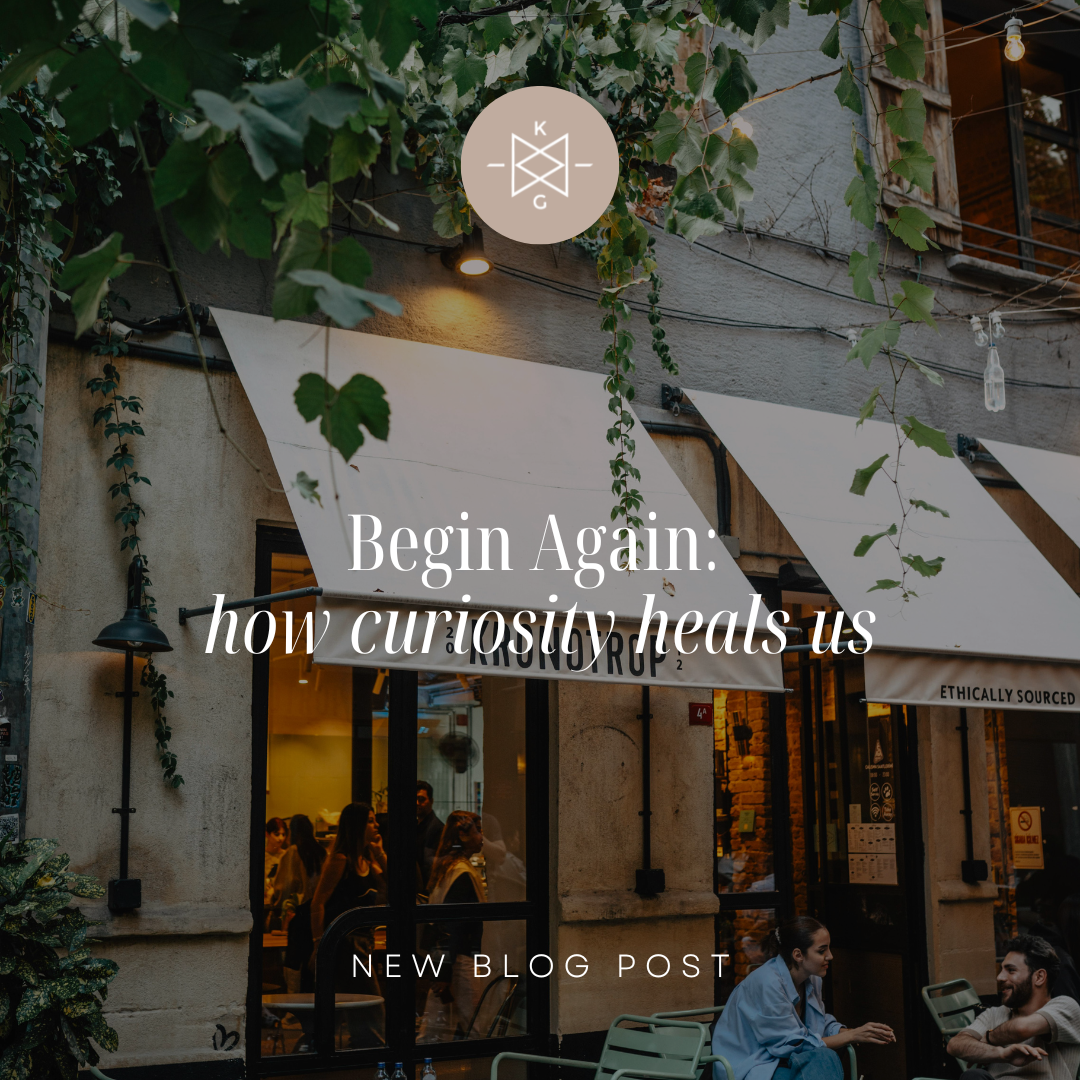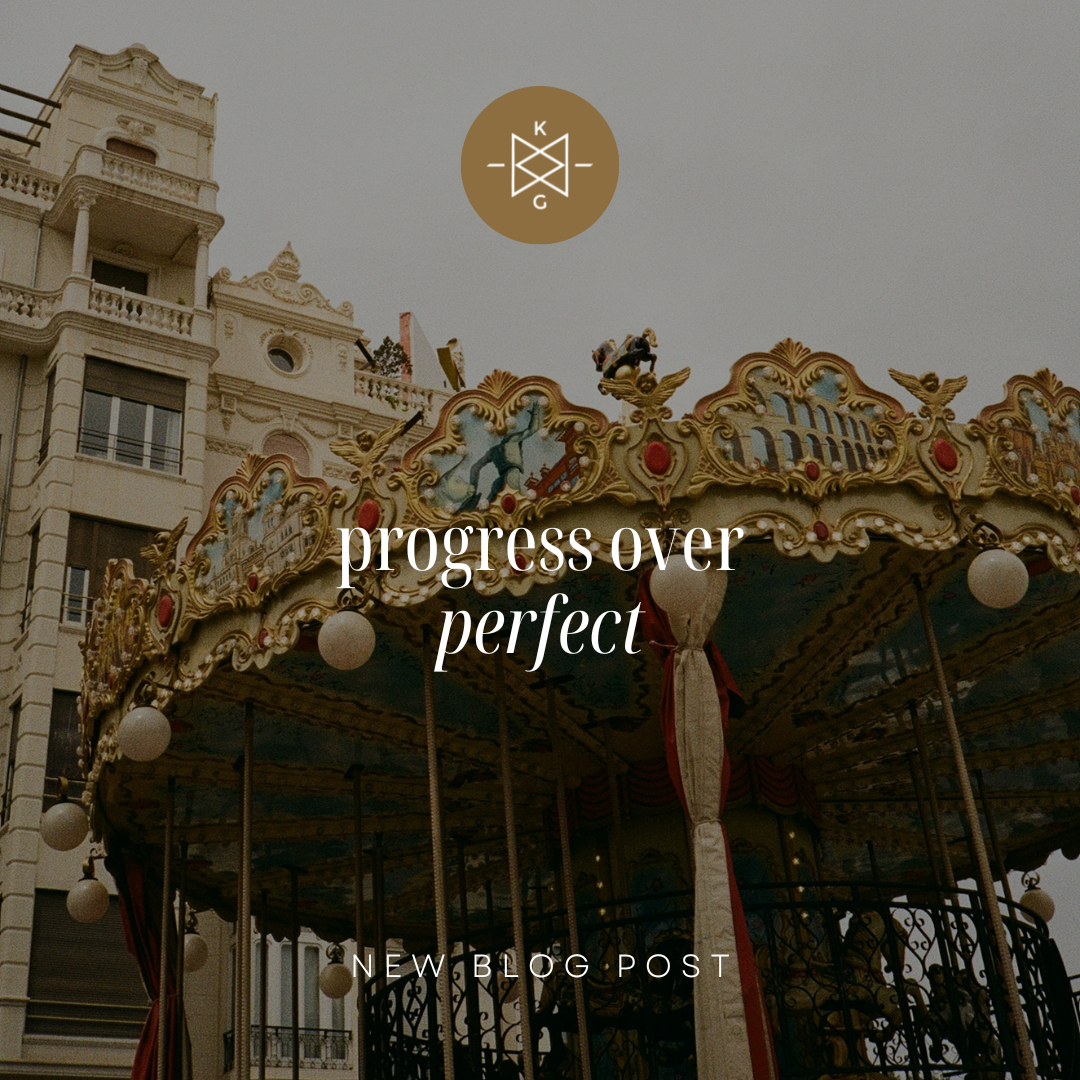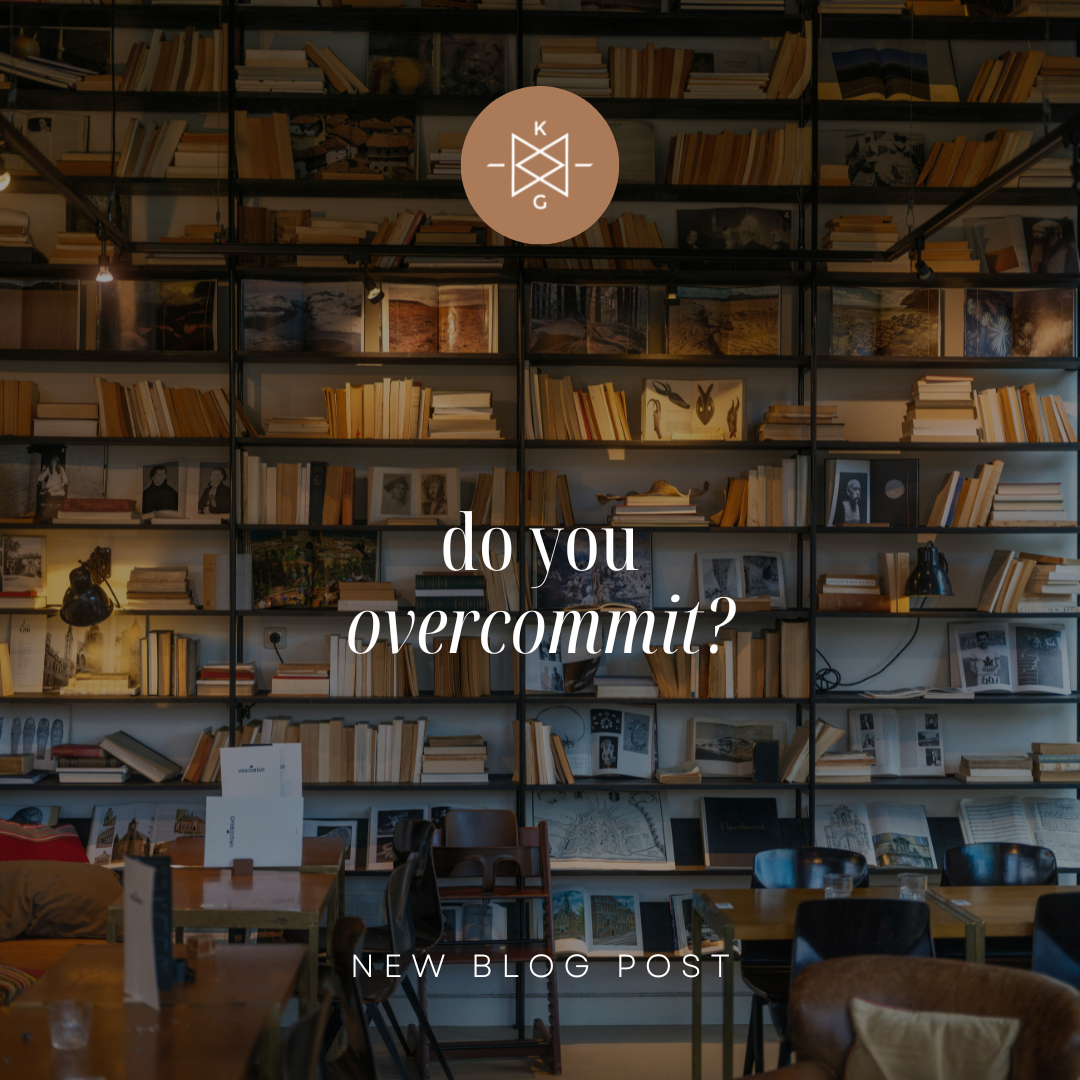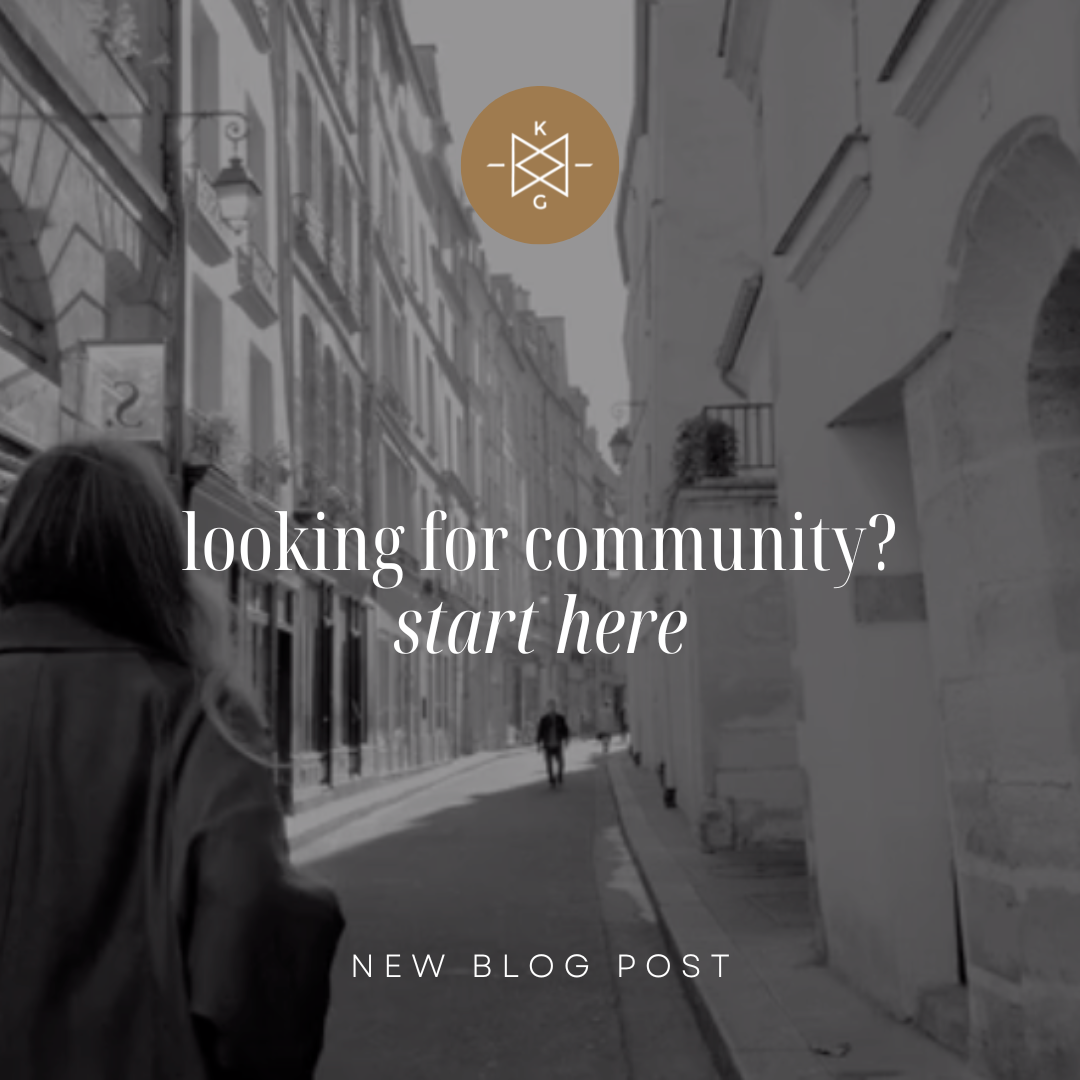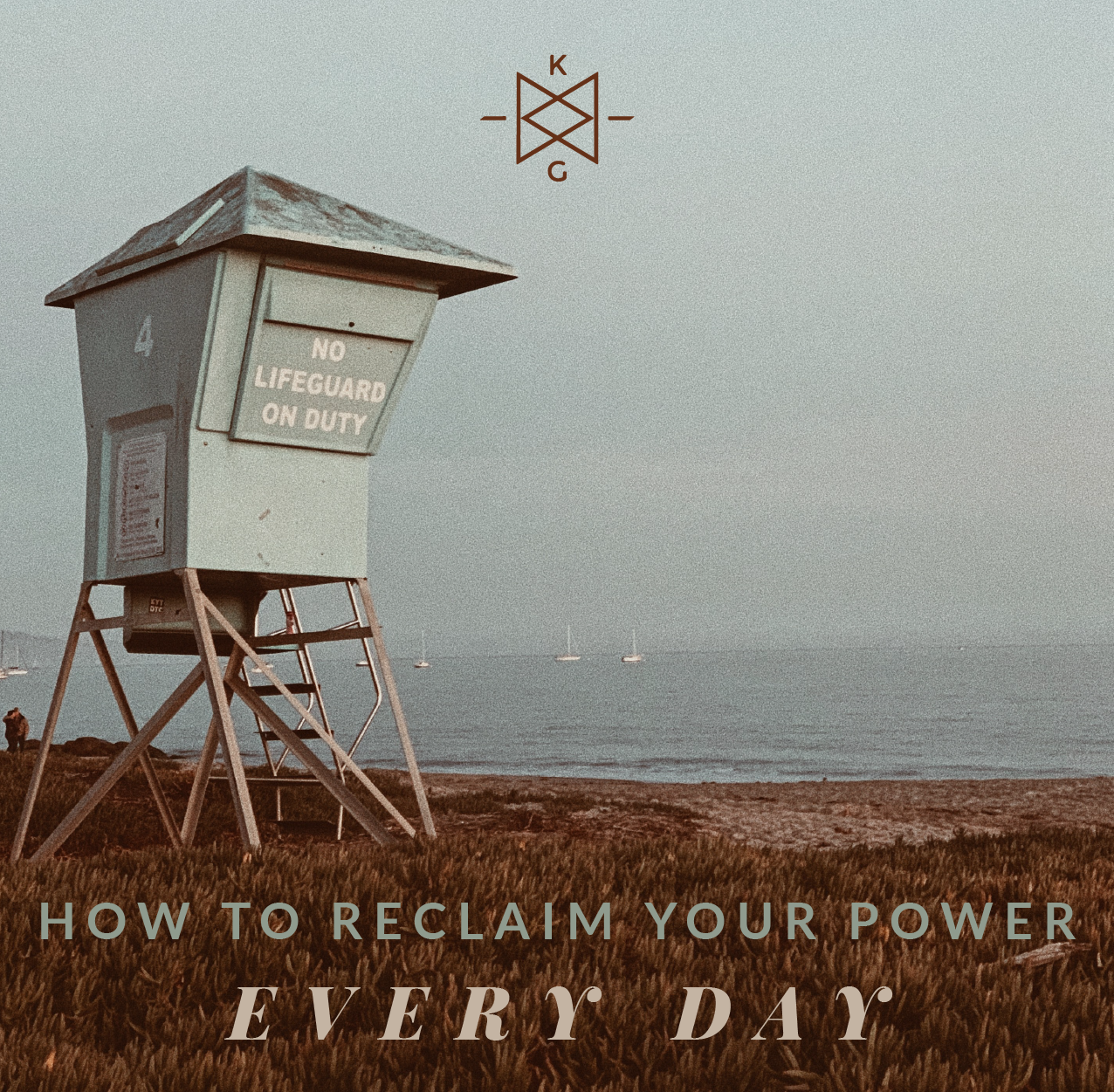
The Blog
Recently Featured
All Blogs
Confused About Your Enneagram Type? Let's Talk.
“Your Enneagram type is both your opening to love and your obstacle to love. It’s so much more than a typology system, it’s a tool for spiritual conversion.”
-Leslie Hershberger
Do you go back and forth between Enneagram types? Perhaps you’ve taken a few online tests and they’ve given you different results. The first one pegged you as a seven. But it was neck and neck with type two. You waited a couple of months and took another one only to learn you’re now a nine? Wha? You’re confused and a little pissed off because you had to pay for that last version.
HELP!?
First off, don’t be discouraged! This is totally normal and you’re not alone!
The human personality is not static. It’s constantly vacillating between healthy, average, and unhealthy levels (hopefully not too unhealthy the more self-aware we are!) throughout our days, weeks, and months.
Online assessments can’t measure how tired, stressed, or emotionally aware you are. They also can’t determine your mood or how many cups of coffee (or glasses of wine) you’ve downed before taking them.
Sure, they’re a helpful jumping-off point. (Some more than others!) Yet fully knowing and understanding your Enneagram type requires a bit more digging. In fact, I believe it’s part of its effectiveness.
There are dozens of personality tests out there: MBTI, StrengthsFinder, DISC, to name a few. I love them all, too! However, the Enneagram is unique in that it goes deeper than surface, personality-driven behavior. Sure, that’s part of it, but the Enneagram also helps us understand the “why,” or story, behind our thoughts, feelings, and resulting behaviors.
Online tests simply can’t explain the sacred nuance of your story.
However, doing the deeper self-study required to fully know your Enneagram type can.
After all, we make choices, big and small, based on the story we’re living out of. If we’re suffering, we must change more than surface tactics or behaviors. In order to heal and transform, we’ve got to get to the root of the problem—we’ve got to understand our story.
Self-discovery is a winding journey, not a mere moment in time. It’s about deepening knowledge and understanding. In fact, it’s really about self-befriending.
If you’re on the fence about your type, good! I believe it’s an invitation (and excuse) to deepen this beautiful self-friendship you’ve already started.
So how?
You’re already further along than you think!
I’ve got a helpful next step for you. Scheduling a typing interview is incredibly helpful in fully unpacking your story and discovering your type. It’s some of my favorite work to do with clients. Basically, it’s a detailed inquiry process steeped in the Narrative Enneagram tradition that provides your top 2-3 probable types. This allows some direction and margin for clients to then read up on those possibilities and live with them a bit before making a hard decision.
We do this in a creative, collaborative way with clear next steps mapped out. Best part? It’s really fun!
Spoiler alert: you are not a pure type. No one is! You lead with a primary type, yet you have a bit of all nine in you. We are complex and glorious creatures, remember? The Enneagram has the dynamic infrastructure to meet and guide this complexity into greater understanding and opportunity.
I’m convinced your story is far too stunning to be put in a box. Perhaps it’s time to take it out?
Curious about an Enneagram typing interview? Sweet! Let’s talk.
How to Reclaim Your Power Every Day
“Between the stimulus and the response, there is a space. In that space, there lies your freedom and power.”
-Victor Frankl
In the wee hours of the morning in Nashville, TN, mother nature paid us a violent visit. A devastating tornado took the lives of nine people (and counting) and leveled countless homes, office buildings, and iconic landmarks.
Thankfully, my family and friends are safe and sound. However, I ache for the ones whose lives will forever be marked by an uncontrollable, unfair force on March 3, 2020.
Talk about an absolute loss of power by so many. It feels indulgent to write about reclaiming power in a space in time that looks so grim.
And yet it also feels truer than ever—this notion of responding rather than reacting.
Because if it’s not the Nashville Tornado, it’s the Coronavirus, or politics, or the stock market, or the bleak mid-winter of loneliness.
I suppose we could decide on any given day that life is just too hard, and not worth the time and effort to make sense of any of it. We could give up.
I’ve been there more times than I care to admit.
And yet I go to work every day and meet with courageous souls who long to show up for themselves and their loved ones despite the chaos spinning around them.
They are in pain, yet they don’t want to suffer. There is a difference, after all.
We will inevitably experience pain in life. Some more than others. Pain is undemocratic. It’s part of life. Suffering, on the other hand, is the story of defeat we believe about our pain. This is optional.
If you want to read a book and be transformed by a story of overcoming in the face of dire circumstances and pain, read Viktor Frankl’s, Man’s Search for Meaning. It’s the original playbook on reclaiming personal power. He survived the Holocaust and harnessed that pain to pioneer a life-giving approach to psychology called Logotherapy. It’s not about avoiding pain. It’s about finding meaning in the midst of the pain.
I had a clever blog post all planned out for you today and then changed my tune in the aftermath of this tornado.
This is what I’m reminded of today: our personal power is not contingent on our circumstances. Our personal power is contingent on the wink of a moment that separates our circumstance from our response. Our personal power lies in the ability to slow down that moment and stretch it out. The space we create in that moment is everything. It gives way to the story we will live out of moving forward.
I’m watching a pretty phenomenal story play out on the news this morning. It’s a story of community, resilience, charity, and courage.
Oh if we could bottle up this beauty and drink just a tablespoon every morning as a part of our personal narratives.
But wait…we can.
Your power is in your choice. How will you wield it today?
Love & Gratitude,
Katie
Meet the New Power Couple: Self-Compassion and the Enneagram
“When you understand, you cannot help but love.”
-Thich Nhat Hanh
I’ll never forget going to my little brother, Gates’, junior high basketball game. He must have been in sixth grade or so. He was a damn good player. Gates and I have an extra special bond as he is 15 years younger than me and was born on my birthday. I’ve always felt a deep connection to him and this parent-like pride in everything he does.
It was a heated game. As point guard, Gates dribbled the ball in from center court. The clock was running down to the bone. The teams were tied. This was a make or break moment and everyone knew it. I could feel the weight of all those parents’ hopes and dreams hanging on the chiseled little shoulders of my brother.
He had to take the shot. With two seconds left, he launched a three-pointer into the air with perfect form and a prayer. The buzzer scowled back. He missed the shot.
His whole body sunk low to the court as all the oxygen on our side of the gym was snuffed out. My heart ripped open and I wanted to rush down there and give him the most embarrassing big sister hug of his life. In that moment, I was more proud of him than ever. I wanted him to know that. I wanted to take away all of his pain.
I didn’t know it then, but looking back, this was compassion operating in its purest form.
I know you have stories to illustrate a similar brand of compassion you’ve felt for loved ones in your life. Yet tell me this: when was the last time you actively participated in it towards yourself?
I honestly can’t think of one time in my experience that I’ve had an organic, visceral example of self-compassion like I did that day for Gates. I am slowly learning to grow that though.
Guess what? If you’re like me and lack this seamless sense of loving-kindness towards yourself, it’s okay. Chances are, you, like me, missed that day in Self-Compassion 101.
Compassion takes empathy one step further and is something we get to cultivate in relationship. Compassion is the feeling that comes up when we join in with another’s suffering and feel compelled to help relieve that suffering. Self compassion points this act of courage inwards, to our “me.”
Thich Nhat Hanh said, “When you understand, you cannot help but love.”
I believe what makes it so difficult for most people to treat themselves with the same compassion they do others is wrapped up in the fact that we simply do not fully understand ourselves. Sure, we put a mask on and present a pretty picture to the world in efforts to gain approval and acceptance. But over time, we lose touch with the truth of who we are and the basic understanding of what motivates our thoughts, feelings, and behaviors.
This is why the Enneagram is such a powerful tool. It uncovers and drills down the story we’ve been living out of—essentially our personality.
Living fully alive—thriving—requires us to wake up and take the steering wheel of our life. The comfortable route involves lots of trance—or falling asleep at the wheel. So, if you’re looking for the easy way out, the Enneagram (or self-compassion for that matter) is probably not for you. Staying comfy and cozy where you’ve always been is.
If you’re looking to get out of your own way and play on your own team, welcome to a new way. Yes, it requires you and I to show up, but also saves us from a lifetime of regret. I can’t think of a more defeating end game than to wake up one distant day from now wishing I’d have valued myself along the way.
So, in walks the handsome couple: Self-compassion and the Enneagram. They go so well together in so many ways. The Enneagram helps us know and understand our story—why we think, act, and feel the way we have for years and how we hid behind a mask called personality to hide the parts of ourselves we weren’t too proud of. This deep well of understanding is the most profound act of love.
Combine it with the tangible practice of self-compassion and all of a sudden we put skin on that understanding. How? By showing up for ourselves and our stories in a new way. Instead of trying to hide behind a mask, we now are able to lean into our real, raw experience and befriend her. No more striving, no more shaming, and no more fixing. Self-compassion allows the pain, hurt, or fear to just be. It also creates space to show loving-kindness as we would to a dear friend so as to move through the pain of life as opposed to dancing around it.
Are you ready for lasting transformation in your relationship with you? Are you tired of playing small in your own life? If so, I’ve got a roadmap. I’d love your company on this exquisite journey.
Love & Gratitude,
Katie
P.S. Want to go deeper in your own practice of self-compassion and the Enneagram? I’d love to hear from you.
When I learned this, everything started to click
“It’s not what you look at that matters, it’s what you see.”
-Henry David Thoreau
Do you ever feel like the harder you work at something, the more harm you actually do?
For example, I’ve been working on my sleep lately. With a five-month-old baby, sleep is something of a luxury, especially as my relationship with sleep has been, let’s just say, chronically fickle. Ever since my mid-twenties hit, that delicious brand of deep shut-eye left the building along with my general sense of “it will all work out.”
After all, with a new-found sense of responsibility and “adulting” came this constant low-hanging fog of anxiety and aimlessness. I started living more in my head— “out there” —as opposed to in the safety of presence. I didn’t know that then though, I was trying to figure it all out, and hard.
As an Enneagram four, my hefty three wing took full effect. Poor thing, she wore herself out.
What I’ve learned is that it’s not actually sleep that’s been the problem all along. It’s my relationship with sleep.
But isn’t this always the case? It’s not actually the thing that’s the problem. It’s our relationship with the thing.
Take food for example. Food is a glorious thing. Yet, when our relationship with food becomes manipulative or out of balance, we suffer. I see this often in therapy as emotional eating is a popular medication of choice, especially for women.
Back to sleep. In my efforts to sleep better at night, I began to fixate on how I would make it better. I took baths, drank sleepy time tea, meditated, exercised in the morning, turned off my phone at night—you get it I tried it all. Yet, it kept me in a striving spiral where the focus was “not enough.” With this scarcity-based approach, I actually produced more anxiety around going to sleep at night.
As you can imagine, this didn’t help me seamlessly drift off at night. Eventually, I had to back up and examine my relationship with sleep, just like I would a relationship with a friend.
How was I feeling towards sleep? What was the pattern at play here? How could I cultivate a different, calmer approach?
When we navigate challenges in life from a place of will power rather than relationship, we will continuously come up short, perpetuating a vicious cycle of self-defeat and shame.
What challenges are you facing? Do they stem from anxiety, money, career, weight, addiction or perhaps health? Before trying to change your behavior or fix something, look at this challenge in light of relationship.
How would you describe your relationship with it? Sit in the observer chair and simply be curious about how you experience this problem. Write it all down.
Chances are, there’s a better way to relate to this challenge in your life. For me, letting go of the expectation around what it should look like is vital. So is staying in the present moment as opposed to getting tangled up in a web of anxious thoughts about the past or future.
What about you?
It’s true, challenges in life are unavoidable. But how we relate to them is 1000% within our control. So, my friend, I suppose it’s time for you and I to become our own expert in relationships. Everything…and I mean everything…is relational.
Love & Gratitude,
Katie
Fix You: Why Self-Esteem Doesn't Work
“The biggest reason most people aren’t more self-compassionate is that they fear they will become self-indulgent. They believe self-criticism is what keeps them in line.”
-Dr. Kristin Neff
I had it all wrong.
I thought if I could do self-help perfectly, I’d be well on my way to confidence and a sense of personal freedom. If I could will myself into the knowledge and experience of self-love and acceptance, I’d have arrived. There might even be a red carpet and some Valentino couture involved.
After all, I used perfectionism to my advantage for years, why stop now? Why not transfer that zipped up effort to the pursuit of self-acceptance and love. With just enough muscle, I knew I could fix her.
Spoiler alert: no matter how many affirmations or bubble baths or self-help books are, had, the “am I enough?” ballot’s still out.
Oh, I went gangster with it, too—you know, the “fixing homework.” I’d recall all my limiting beliefs about myself, write them down, cross them out, and slap ruby red lipstick on them—with feeling.
“I’m unlovable.”
Er…I mean… “I’m the greatest thing since (gluten-free) sliced bread and have every reason to deserve love now.”
Sounds more like an SNL sketch to me. It also sounds reactionary and surface-level, not genuine or believable.
Good news!
You’re not meant to be fixed; you’re meant to be understood.
We can’t will ourselves into loving relationship with ourselves, or anyone else for that matter. Humans aren’t math equations. We’re messy, complex, and perfectly imperfect.
The self-esteem quick fix is much like pumping a poor chicken chock full of toxic hormones to go further at your local Kroger. It may seem full of juicy possibility in the moment, yet it probably has long-term health concerns.
Why doesn’t self-esteem work?
Because it’s based on the way we view ourselves to the degree with which we like ourselves. Sounds benign, right? Sure, until circumstances change. What happens when we fail to get that promotion, call back, book deal—or can’t get the weight off?
The temporary illusion of self-esteem takes a nosedive into a muddy puddle of shame.
Typically, if we depend on circumstances to prop up our self-worth, there’s a hard and unexpected fall coming just around the corner.
There’s more.
Self-esteem can be divisive in an effort to “one-up” those around us. Let’s revisit our earlier limiting belief turnaround. If I replace it with a pep talk that tells me “I’m the greatest thing around,” I’m puffing up my ego (which operates from a place of fear instead of belonging) and pitting myself against the world in an effort to prove myself, not lovingly be with myself.
So, what’s the solution? If I can’t perfect self-esteem, what am I supposed to do?
Four years ago, I picked up a book called Self-Compassion: The Proven Power of Being Kind to Yourself, by Dr. Kristin Neff. It has changed the way I relate to myself and others on every level. It’s also called me into a more caring dialog with myself as opposed to the harsh, striving one that’s been so violent and intrusive for decades.
Rules without relationship breed rebellion.
If I’m constantly inflicting rules on myself instead of trying to relate to myself, I’m on the fast track of self-sabotage rather than self-compassion.
Self-compassion is relational, not circumstantial. It’s based on the awareness that the human condition is frail at best yet capable of resilience.
Self-compassion is cultivated like any relationship—over time. It fills in all the holes self-esteem leaves gaping. When we fail to live up to our expectations, self-esteem prompts two extremes: negative self-talk or puffed up ego, (even…gasp…narcissism).
This is not the case with self-compassion. It comes flooding in when our insecurities, flaws, and shortcomings stare us back in the mirror.
Most importantly, self-compassion binds us together in the reality of our human experience. It doesn’t divide, puff up, or need to isolate. We see ourselves through the lens of “imperfect—yet still enough.”
When that brutal inner critic pipes up, self-compassion says, “Hold on. I see you. I understand your pain. And I am here with you.”
Her voice is firm and tender.
She doesn’t wait on the clouds to pass or the proverbial sun to shine. She speaks her truth in the broken moments.
You’ve known her cadence a long, long time. Then you met fear. It drowned out the love.
You know what?
Your birthright is love, not fear. Just as you learned scarcity’s luring language, you can also unlearn it.
Birds don’t soar because of effort or willpower. They do so by surrender—and risk.
It’s time to work with— not against—the choppy current of life’s wind.
Alone? Not in a million. You’ve got a bold little guide waiting inside to illuminate the path. She was born ready.
Love & Gratitude,
Katie
xoxo
